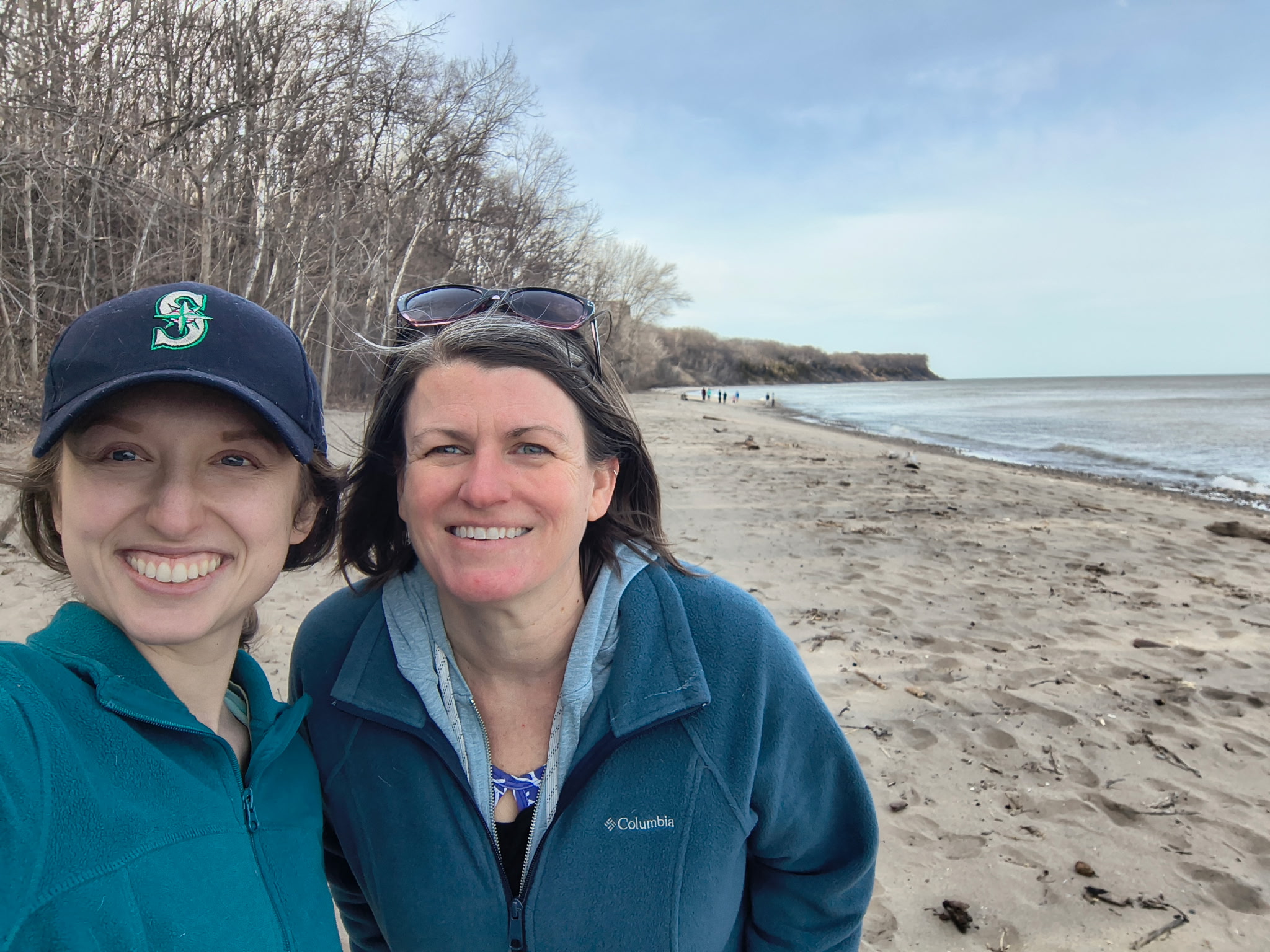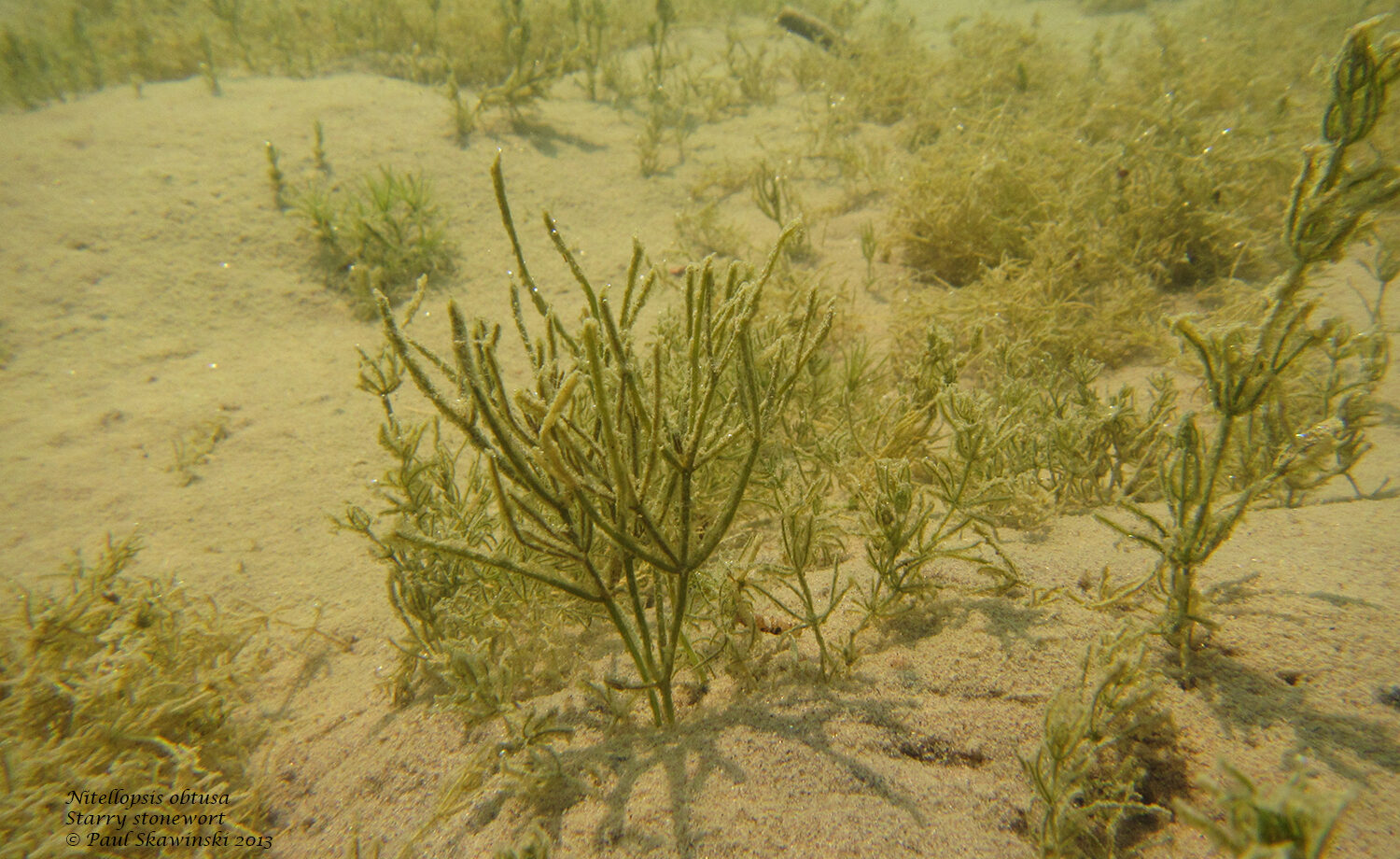Where lakes and water are concerned, J. Val Klump gets around. Klump, the newest addition to Wisconsin Sea Grant’s Advisory Council, has traveled the world researching large lakes, including Lake Baikal in Russia. In the Great Lakes he was the first person to reach the deepest points in lakes Superior and Michigan via submersible.
Now, as senior director and associate dean of research for the School of Freshwater Sciences at the University of Wisconsin-Milwaukee, he is looking into ways to fix the dead zone in Green Bay of Lake Michigan where a lack of oxygen makes aquatic life difficult, if not impossible.
While Klump and his colleagues are studying the problem from all angles, Klump’s lab is focusing on the biogeochemical aspects of hypoxia. They hope to develop a set of linked watershed-bay models that will allow them to predict how the system will respond to different management practices, and which practices should be encouraged to help solve the hypoxia challenge. They are also incorporating climate change scenarios into the mix.
“It doesn’t take a rocket scientist to figure out what the problem is with nutrient loading in the watershed,” Klump said. “If you just fly over the area, anyone can see the nature of it. But controlling nonpoint source runoff is difficult because you’re dealing with thousands of people instead of just a handful of point sources. It will require a shift in the way we think as a society.”
One of those shifts might involve paying more for food, Klump said, so that farmers can implement different land-management practices. Over the 30 years he has been working in the Green Bay area, Klump has seen progress on the hypoxia issue, and credits local and regional newspapers with getting people’s attention.
One of Klump’s goals for his advisory council tenure is to encourage Sea Grant to focus on science that’s proactive. To him, this means, “getting out in front of mistakes so we don’t make them. But that’s hard to do, especially in the Great Lakes where the system is changing so rapidly. It requires understanding the dynamics and collecting enough data, particularly monitoring data, so that you can see trends.”
It also requires a focus on basic research. “Like it or not, we are managers,” Klump said. “But you can’t manage something unless you understand how it works. It’s Job One for science to understand the dynamics of the system and how it operates so we can effectively and intelligently manage it.”
Klump lists PCB pollution and aquatic invasive species as examples of such avoidable problems. “If we had known in advance that these issues would cause problems that cost billions and billions of dollars in the Great Lakes and around the U.S., we could have saved ourselves a huge amount of money. Also, we probably would have freed up a tremendous amount of intellectual firepower and research that would have been able to study other issues that are as important,” Klump said.
He credits Sea Grant for its past support of basic research. “Sea Grant has had a tremendous impact on our understanding of the Great Lakes, and has spun off additional research and funding from other federal programs such as the National Oceanic and Atmospheric Administration, the National Science Foundation and the Environmental Protection Agency,” Klump said.
“In addition to Val’s superb research track record, his role in establishing the UW-Milwaukee’s School of Freshwater Sciences cannot be understated,” said Jim Hurley, Wisconsin Sea Grant director. “His tireless efforts have resulted in new opportunities for faculty and graduate research in Wisconsin, and we’re proud to support many new initiatives through Wisconsin Sea Grant. His forward-thinking voice will be welcome as we prepare for the future challenges in the Great Lakes.”





